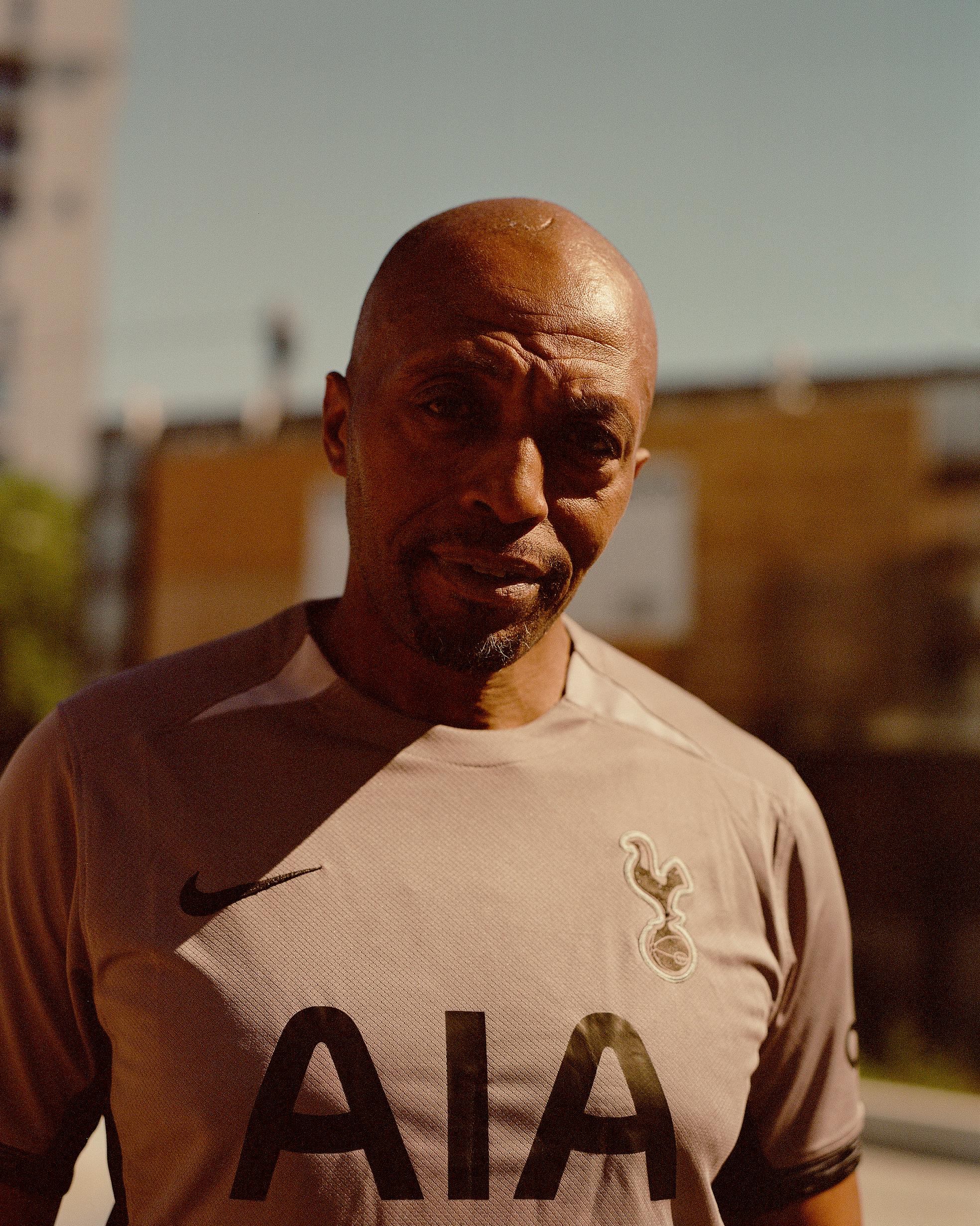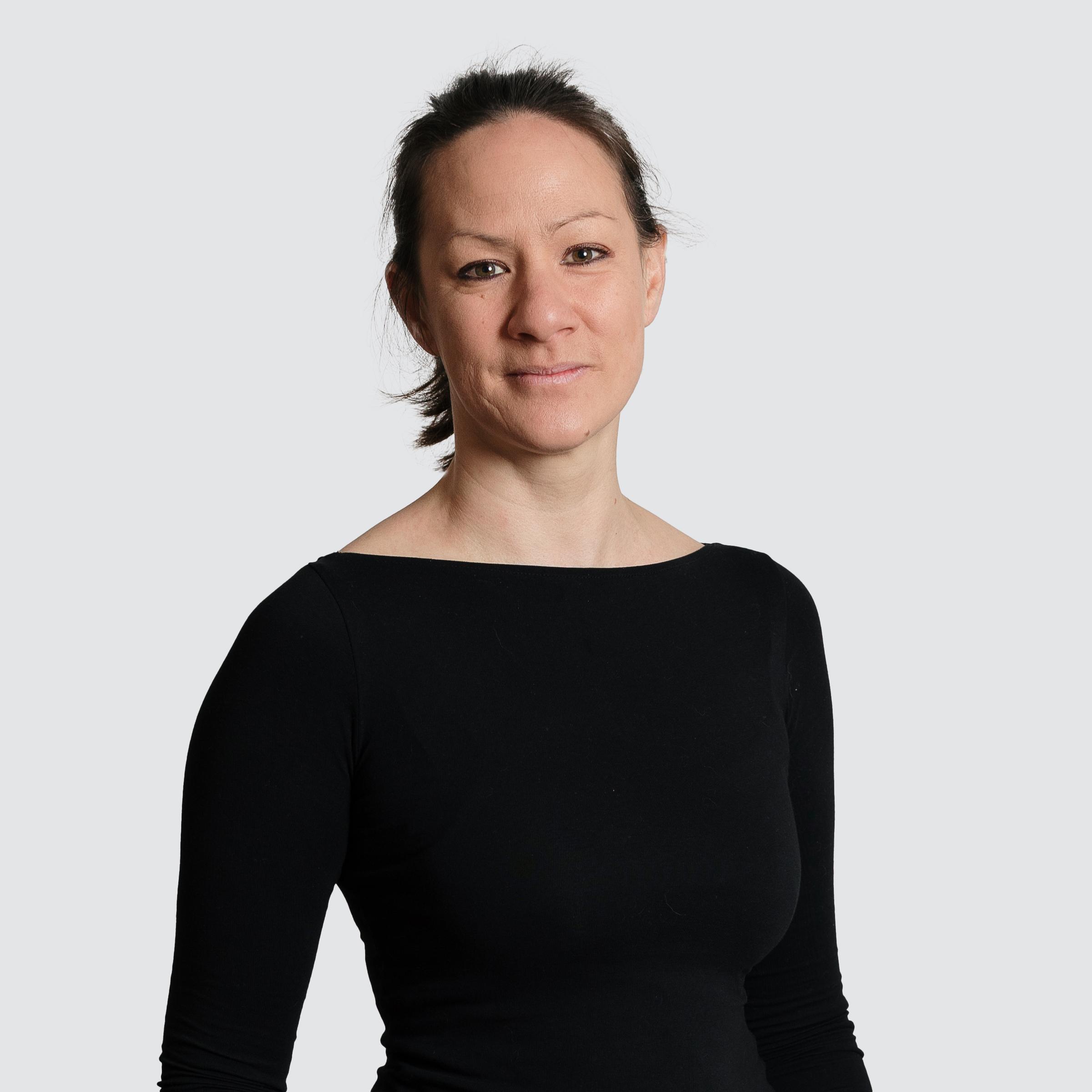Navigating power dynamics within participatory projects
In this reflective blog, Sarah Campbell and Hugh Douglas look back on the power dynamics and creative freedom of our recent participation work.
This blog is a joint reflection with Hugh Douglas on the process that JRF undertook to co-design policy solutions to in-work poverty. Hugh is a key member of the co-design team, who brought essential lived expertise into the content and process of the project.
This learning is based on a preliminary evaluation that Hugh is undertaking with all members of the co-design team, those with lived experience and JRF members. It is also informed by learning from other organisations, like Poverty Truth Network, ATD Fourth World, APLE collective and Poverty2Solutions.
We focus on the power dynamics inherent in participatory projects without attempting to present any ‘solutions’. We jointly conclude that the best thing we can do is to be aware of the power dynamics at play and to undertake ongoing reflection and strive towards more equal ways of working.
Time and space needed at the start
Professionals have the luxury and privilege of reflection in their day-to-day work. This is not always the case for people with direct experience of the issues these projects seek to address.
Successful lived experience participation in other projects has involved creating a space for joint reflection on how those experiences relate to societal structures. Within the JRF project there was some opportunity given to reflect on experience at the start of the project, and subsequent conversations involved some exploration of intersubjectivity amongst some members of the group. However, perhaps this process of reflection could have been developed more.
Creating space at the start of a project for reflection helps build confidence to contribute to a process that may be outside people’s comfort zones. Without this, it is hard to contribute with as much confidence as people with learned experience, who are used to applying their knowledge in such environments. Time is needed for people to develop a clear understanding of what they are contributing and why it is important. But also to consolidate and build confidence in their own expertise before attempting to bring that together with other forms of knowledge.
Building trust is important for collaboration
Giving something of ourselves beyond our professional identities is important to creating equal ways of working. It is important to allow space for the expression of personal and sometimes emotive experiences. This was important as it validated contribution and allowed the development of trust.
Some JRF participants wondered how professional or appropriate it was to share their own personal experiences, and suggested these experiences weren’t relevant. But this exchange is instrumental in building relationships, and is an important foundation for this kind of work. The initial group meetings in which we spent time getting to know each other were crucial for participants to feel invested in the group and our purposes.
Sharing food together felt important in creating a more informal social space that allowed relationships to develop. Contributing direct experiences of parts of life that might be stigmatised can make it more difficult to feel confident in a contribution’s value. Creating a trusting environment can allow people to share experiences that will help the group to better understand the issues being discussed.
Playing to our strengths as a team
The development of policy solutions to the issue we had collectively defined required the policy members of the team to digest, translate and present evidence and options to enable a productive conversation to take place. We had to make judgement calls and decisions on what would constitute good policy options. By doing this we inevitably took greater control of what was presented, but our thinking was grounded in dialogue with people. Options were presented, and we used deliberative dialogue and decision-making techniques to arrive at a decision together with the rest of the co-design team.
JRF members were aware that making decisions on which policy options were offered up for deliberation meant that we had to take some of the decisions ourselves. Internally, we grappled with how else we could have done this given the time constraints of the project. The common view of the project is of something that has been slow and ‘deliberative’. It can feel laborious to make decisions in the group, but it is recognised that this is necessary when trying to combine a range of experiences.
Despite this, sometimes it felt to people as if they were being “led in certain directions” or as if some important decisions were made outside of the group space. We took on what we saw as our role as policy professionals within the team, which on the surface seems logical. What we assumed would be shared understanding on roles within the team turned out not to be the case. We could have been more transparent in our decision making.
The importance of defined roles within the co-design team
More time could have been spent on setting clear roles for both JRF members and lived experienced members of the team. When describing roles in the project, group members from JRF and Involve could clearly describe them in relation to their roles within their respective organisations. In comparison the description of roles offered by those participating with lived experience were less clearly defined. This is something we noticed during introductions when other people joined group discussions.
It’s sometimes uncomfortable to acknowledge that what one has to contribute is limited to the telling and retelling of negative experiences. This is perhaps accentuated when contrasted with the kinds of skills and wisdom that are more conventionally valued by others. One change that might help with this in future is incorporating mutual feedback. Involve regularly asked for feedback from the team members with experience about the sessions, but JRF members didn’t feedback enough on how the reflections from experience had significantly shaped priority setting, and subsequently the policy options that were developed.
If you’re unclear on what value you bring to the process, then this needs to be compensated for. That lack of confidence means you need more support from others to effectively contribute. It can be useful for others to help us in identifying our own strengths. Although that can also be problematic, there’s a fine line between support and being patronised.
Next time we would place more emphasis on team development from the outset with a particular focus on clarifying roles of people as ‘co-designers’ not limited to ‘providers of experience’ or pre-existing job titles. This would contribute towards a space where we had more equal roles.
Payment as a route to equality?
Participants receiving these thank you payments tell us they do not feel like it changes the way they contribute. So could it be that it is not the difference in pay that makes a difference to equality, but the ‘hat’ that people wear when entering the group space?
Greater equality comes from how much people care about something and understand the value they bring to and get from it. This insight adds to a debate often focused on payment. While it's important to pay people for their time and contributions, true equality requires more than just money.
JRF does, however, recognise the need to invest in programmes that support further development for people taking part in participation processes, so they can use the experience of working on these projects as a springboard into paid work if they wish. This requires a much more structured approach, more akin to a volunteering programme, to develop recognised skills alongside experience.
Developing more creative ways of working
The policy development world is heavily reliant on the spoken and written word. This excludes lots of the population who are neurodiverse. More could have been done to incorporate creative methodologies to be more inclusive, but also to tap into the more creative side of our brains to arrive at different solutions and understanding. And a move to online mediums has made creative approaches even more difficult.
More scoping and experimenting are needed to develop more inclusive and effective approaches to dialogue. We, and the policy community at large, could and should do much more in this area.

This reflection is part of the power and participation topic.
Find out more about our work in this area.
